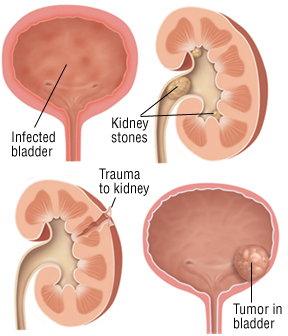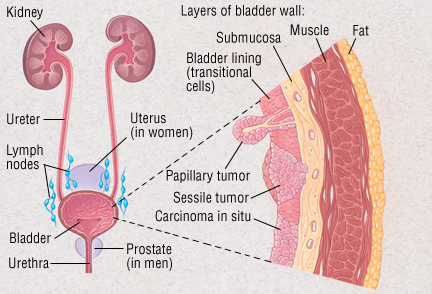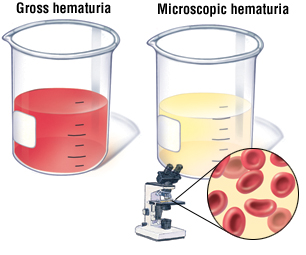Types Of Hematuria In Bladder Cancer
In most cases blood in the urine called hematuria is the first sign of bladder cancer. Plasmacytoid nested micropapillary lipoid cell sarcomatoid microcystic lymphoepithelioma-like inverted papilloma-like clear cell.
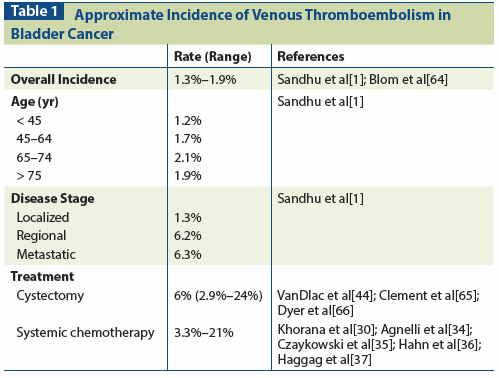 Thromboembolism And Bleeding In Bladder Cancer
Thromboembolism And Bleeding In Bladder Cancer
However just because you can see blood in your urine does not mean you necessarily have bladder cancer.

Types of hematuria in bladder cancer. Cancer cells of this type look like the urothelial cells lining the inside of the bladder. What are the types of bladder cancer tumors that may form. Pain between the abdomen and back on one side of the body could be a symptom of bladder cancer.
Exercise Exercise hematuria is a harmless condition that produces blood in the urine after strenuous exercise. Chronic lymphocytic leukemia CLL is a rare hematologic disorder with affected patients having complications of frequent infections and possible transformation to a more aggressive malignancy. Urinary tract infection kidney stone bladder cancer kidney cancer Hematuria or haematuria is defined as the presence of blood or red blood cells in the urine.
Fatigue is a common symptom of many different types of cancer including bladder cancer. Lower back pain on one side. Prostate cancer is a type of cancer that affects the males prostate gland.
The variants are called. There are three types of bladder cancer. There may be enough blood to change the color of the urine to orange pink or less often dark red.
Transitional cell carcinoma is the most common type of bladder cancer. Also called gross hematuria this is the most common symptom of bladder cancer. Urinary tract infection Hematuria can be caused by an infection in any part of the urinary tract most commonly the bladder cystitis or the kidney pyelonephritis.
Feeling the need to urinate many times throughout the night. Sessile tumors lie flat against the bladder lining. In fact the overwhelming majority of patients who have microscopic hematuria do not have cancer.
They tend to grow into the bladder cavity away from the bladder wall instead of. As a result its aggressiveness and the optimal course for treatment are unknown. Irritation when urinating urgency frequency and a constant need to urinate may be symptoms a bladder cancer patient initially experiences.
Bladder cancer may wake you up at night with an overwhelming need to urinate. Sessile tumors are much more likely than. Squamous cell carcinoma is associated with chronic irritation of the bladder.
Swelling in the feet. 2 An anatomical framework is helpful in developing a comprehensive differential diagnosis. Urothelial carcinoma also called transitional cell carcinoma.
Tumors in the kidney or bladder. Feeling tired or weak. Although hematuria is the most common presenting sign of bladder cancer most individuals with hematuria do not have bladder cancer.
Microscopic hematuria is when the blood in your urine can only be seen under a microscope. There are actually two types of hematuria. Loss of appetite and weight loss.
Annually about 56000 men and 18000 women get bladder cancer and. The most common type of bladder cancer is transitional cell urothelial carcinoma TCC. Gross hematuria is when you can visibly see the color red or possibly other shades in your urine.
Urothelial carcinoma previously called transitional cell carcinoma occurs in the cells that line the inside of the bladder. Feeling the need to urinate but not being able to pass urine. Symptoms of advanced bladder cancer.
It begins in the transitional cells in the inner layer. Gross hematuria refers to an amount of blood you can see yourself as a pink or red coloration. Lower back pain on 1 side of the body.
The occurrence of CLL in the bladder is a rare event with few reported cases. Though only gross hematuria is noticed without lab testing both can be signs of a larger issue. In the general population the prevalence of asymptomatic gross hematuria is about 25 while the prevalence of asymptomatic microhematuria is about 13 62.
Being unable to urinate. This type accounts for about 95 percent of bladder cancers. Blood or blood clots in the urine.
Bladder cancer may make it uncomfortable to. The signs and symptoms of cancer may not be seen or experienced during the early stages of the illness. There are many possible causes of hematuria including.
Pain or burning sensation during urination. Bladder cancer signs and symptoms may include. Bladder cancer is categorized by a number of types depending on where exactly it forms along with other factors.
Papillary tumors stick out from the bladder lining on a stalk. The prostate gland is a small. When a visible blood in the urine is seen it may be a sign of an advanced kidney prostate or bladder cancer.
 Hematuria And Related Urologic Oncology Ppt Video Online Download
Hematuria And Related Urologic Oncology Ppt Video Online Download
 Screening For Bladder Cancer Recommendation Statement U S Preventive Services Task Force American Family Physician
Screening For Bladder Cancer Recommendation Statement U S Preventive Services Task Force American Family Physician
 What Is Hematuria Virginia Urology
What Is Hematuria Virginia Urology
 Bladder Cancer Diagnosis And Treatment American Family Physician
Bladder Cancer Diagnosis And Treatment American Family Physician
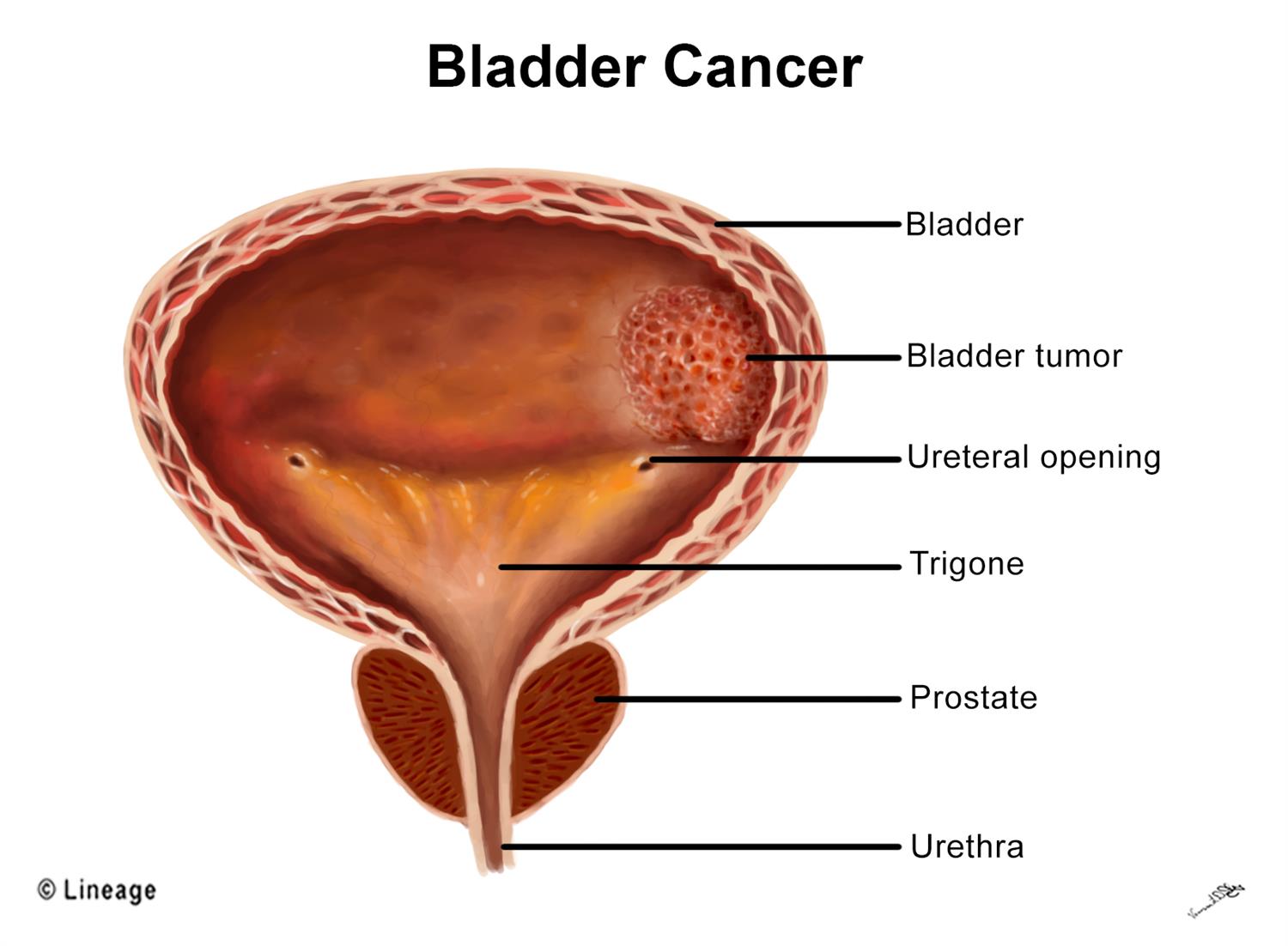 Bladder Cancer Oncology Medbullets Step 2 3
Bladder Cancer Oncology Medbullets Step 2 3
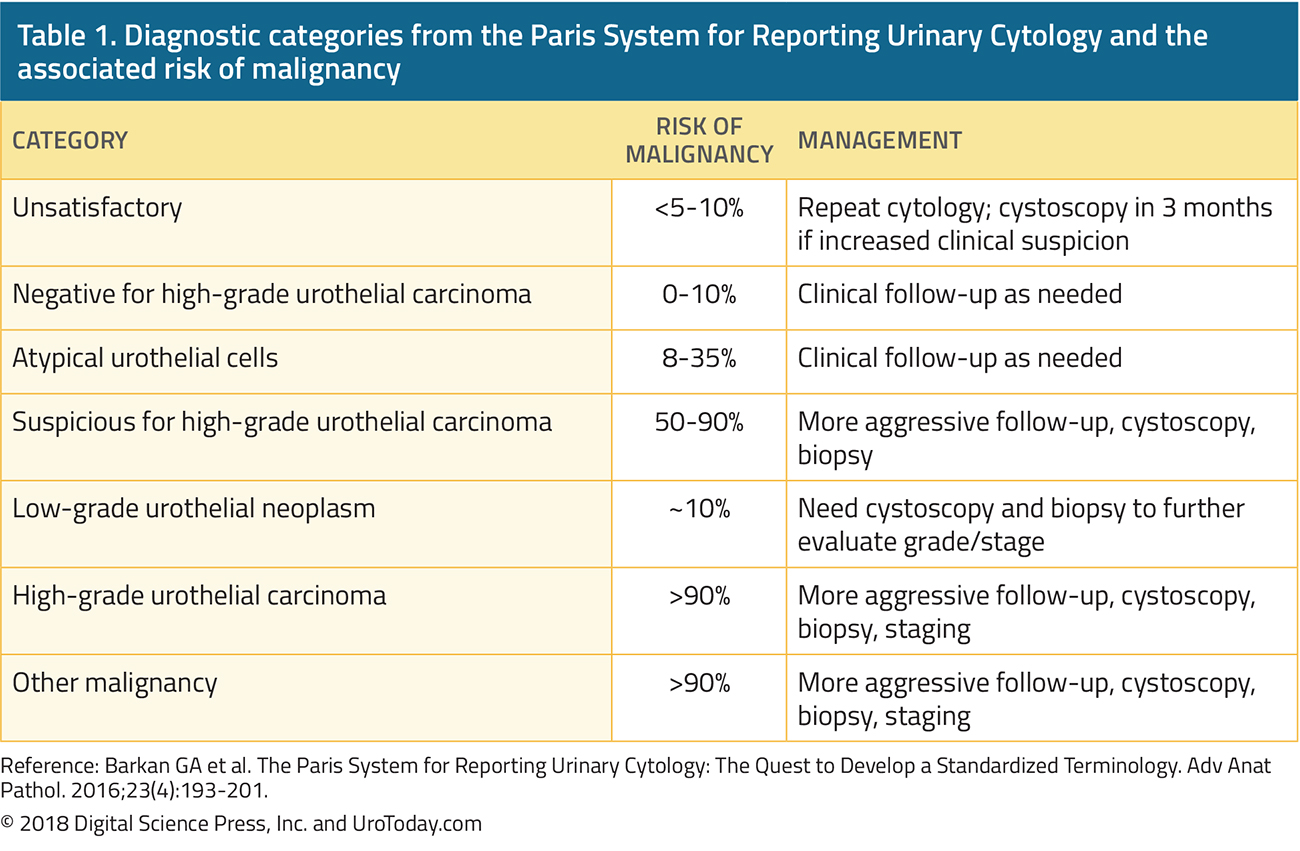 Diagnosis And Pathology Of Bladder Cancer
Diagnosis And Pathology Of Bladder Cancer
 Diagnosis And Treatment Of Bladder Cancer American Family Physician
Diagnosis And Treatment Of Bladder Cancer American Family Physician
 Algorithm For Diagnosis Of Bladder Cancer Exu Excretory Urography Download Scientific Diagram
Algorithm For Diagnosis Of Bladder Cancer Exu Excretory Urography Download Scientific Diagram
 Bladder Cancer Diagnosis And Treatment American Family Physician
Bladder Cancer Diagnosis And Treatment American Family Physician
 Urinary Tract Cancers An Overview For General Practice
Urinary Tract Cancers An Overview For General Practice
 Bladder Cancer Diagnosis And Treatment American Family Physician
Bladder Cancer Diagnosis And Treatment American Family Physician
 Bladder Cancer Diagnosis And Treatment American Family Physician
Bladder Cancer Diagnosis And Treatment American Family Physician
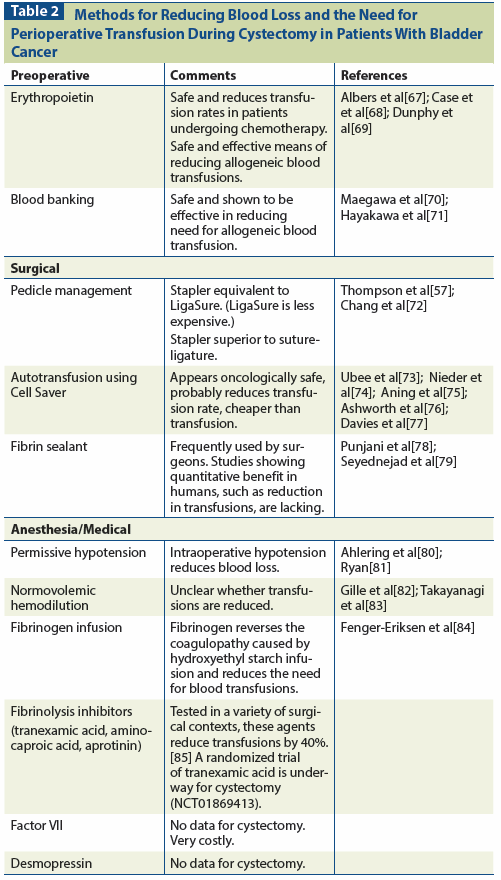 Thromboembolism And Bleeding In Bladder Cancer
Thromboembolism And Bleeding In Bladder Cancer
 A Detailed Look At Bladder Cancer Symptoms Cxbladder
A Detailed Look At Bladder Cancer Symptoms Cxbladder
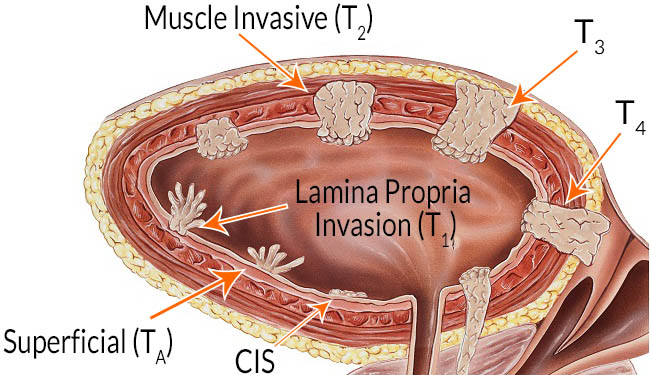 Bladder Cancer Overview Symptoms Diagnosis Treatment
Bladder Cancer Overview Symptoms Diagnosis Treatment
